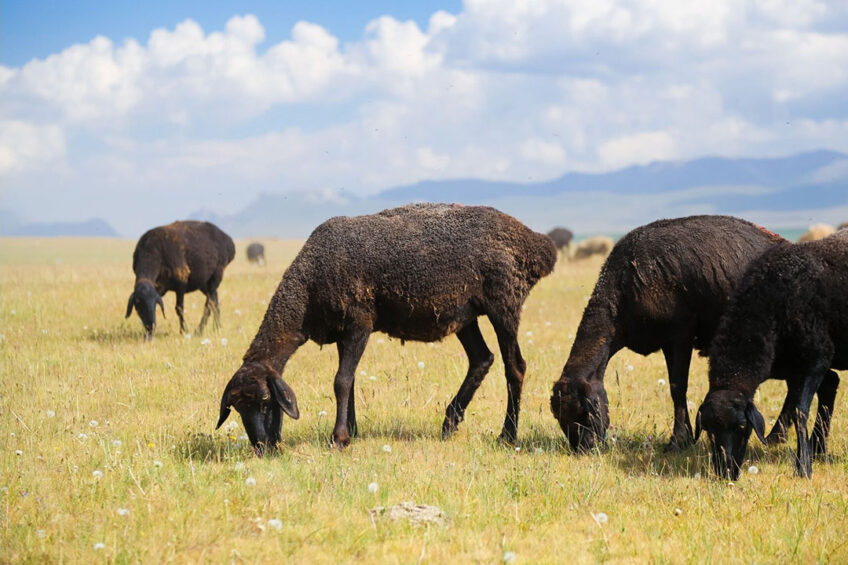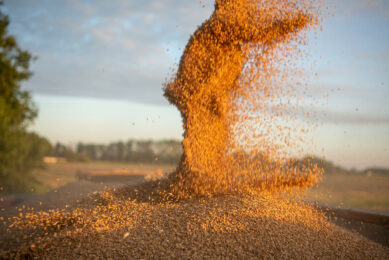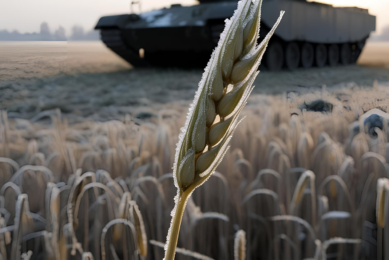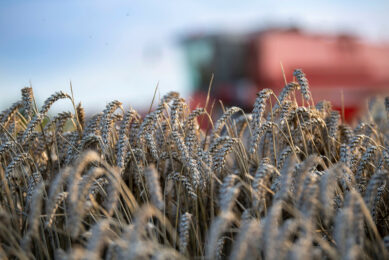Russian ban on grain exports threatens Central Asian feed sector

The price of poultry and eggs in Kazakhstan is set to soar in the foreseeable due to a shortage of feed grain, and a mix of logistics problems, Ruslan Sharipov, President of the Union of Poultry Farmers told local press.
The Russian Economy Development Ministry laid out plans on March 10 to suspend the export of grain and sugar to the countries of the Eurasia Economic Union – a trading bloc comprised of Russia, Belarus, Kazakhstan, Kyrgyzstan, and Armenia.
Russia protecting food security
The Ministry said the decision was motivated by the need to “ensure the country’s food security and to help protect the domestic market in the current conditions,” adding that the measure is in force until the end of August.
Kazakhstan and Kyrgyzstan rely on Russian grain imports
The move sparked concerns over food and feed shortages in Central Asia, as Kazakhstan and Kyrgyzstan heavily rely on Russian grain imports. In 2021, Kazakhstan imported 2.3 million tonnes of Russian grain, up by 77% compared to the previous season. This year the supplies were expected to remain high, as Kazakhstan’s grain harvest has been hit with a drought.
In neighbouring Kyrgyzstan, the shortage of grain has been seen even before the current crisis. As a result several other countries in the region, including Kazakhstan, have been supplying the country with wheat seeds as humanitarian aid.
Kazakhstan: Seeking state aid
“In Russia, grain was cheaper than in Kazakhstan. Our food corporation harvested about 200,000 tonnes, but the price is higher and supplies are scarce. Every year we need about 650,000 to 700,000 tonnes of IV and V classes’ grain [feed grain],” Sharipov said, adding that Kazakhstan farmers urgently need to increase production, and the poultry union applied to the government seeking state aid.
Sanctions cause supply disruptions
The production costs in the poultry industry are set to rise by 20% to 30% due to expensive feed, and supply disruptions. Also, since the beginning of the Ukraine war the Russian rouble has slumped by nearly 40% against the hard currency, dragging down most currencies in the Eurasia Union, including the Kazakhstan tenge.
“For poultry farming in Kazakhstan, grain is only a part [of the problem]. We buy everything else abroad, including breeding flock, vaccines, vitamins, equipment, and more,” Sharipov said, adding that imported goods are becoming more expensive in Kazakhstan, and there are fears over transit supplies since they were flowing through the “northern border” with Russia.
“Due to the shortages local producers may reduce their livestock,” Sharipov warned, adding that the government, among other things, should consider maintaining existing subsidies. “Otherwise, farmers will have to work at a loss, which will also spur the production decline.”











